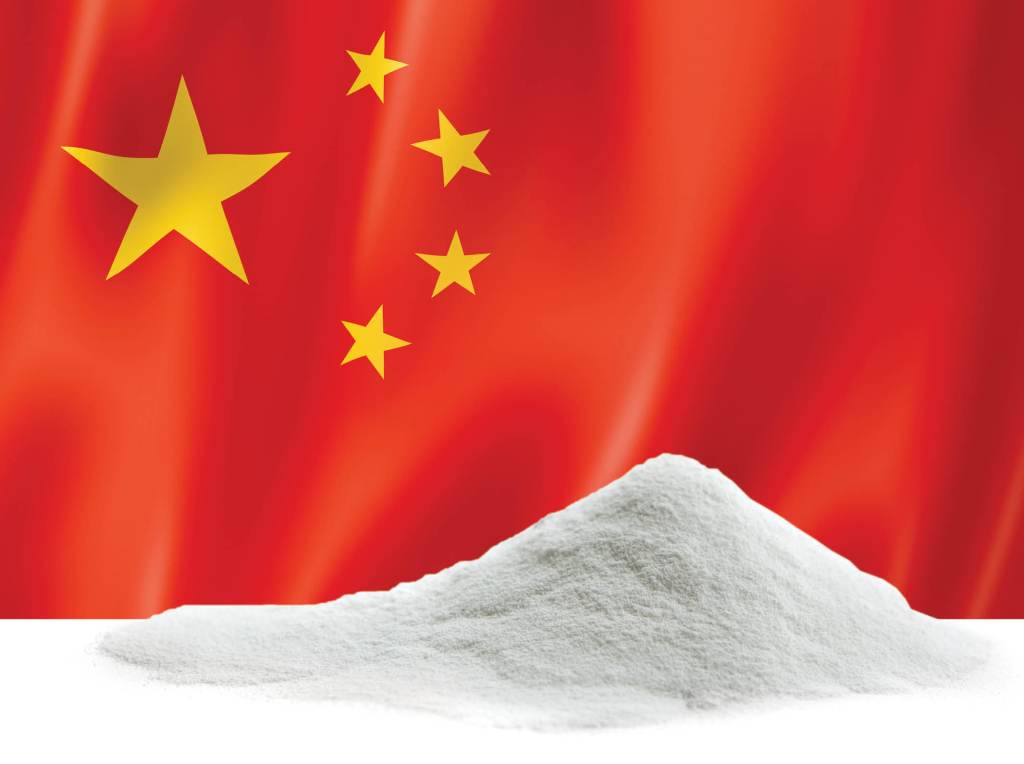China is in the process of major infrastructure change, which is expected to cause substantial price increases in cyanuric acid (CYA) and related products.
The country is working toward higher clear-air standards, with inspectors given wide berth to close down plants for noncompliance with regulations. Some plants are even being forced to move out of major population areas, according to ICIS Chemical Business Magazine. In addition, the country is largely converting from coal to natural gas in chemical production, but the changeover is expensive and will not happen overnight. With limited natural gas available, at least for now, the country is focusing the resource on heating homes through the winter, causing factories to suffer lulls.
“So on top of the price going through the roof, there’s no production,” said Art Harre, chief sales officer for Haviland Enterprises in Grand Rapids, Mich.
An estimate 70,000 chemical plants have been closed, according to ICIS.
In the pool/ spa industry, this is hitting the chemical space hard as costs to produce CYA have doubled, Harre said.
Most cyanuric acid is produced in China, so makers of dichlor, trichlor and other products with CYA were hit with substantial price increases last year. They have or expect to begin passing the increases on to distributors and retailers. “We’ve been notified that our purchase orders are being canceled and have to be re-issued at new pricing …” Harre said.
The CYA cost increases are expected to affect all key pool regions globally. Representatives for BioLab have met with its suppliers in China and don’t expect prices to drop anytime soon. “I see no relief in the next 18 months,” said Jon Viner, president of the Lawrenceville, Ga.-based producer.
It will take time to find out how the situation impacts the U.S. industry. Word about the price increases doesn’t seem to have reached the major buying groups, and national distributor PoolCorp hasn’t heard specifics yet. “Here’s what we know: We know capacity has been reduced … We know that demand has increased modestly the last few years,” said Manuel Perez de la Mesa, CEO of the Covington, La.-based distributor.
Even American manufacturers who have already begun communicating with their Chinese suppliers don’t yet know if the situation will translate into shortages and difficulty obtaining CYA-based products in the U.S. Observers disagree, with pool/spa chemical suppliers focused on securing supplies for their customers.
PoolCorp is waiting to see how this will affect its pricing. “It may result in our having to raise prices sometime during the year, but we’re not concerned about getting product,” Perez de la Mesa said.
Few manufacturers produce CYA in the U.S. Those that do historically use it to make their own lines of pool/spa chemicals and do not sell to other firms.
Observers don’t expect widespread change in usage, but some suspect shortages may drive more use of liquid chlorine and calcium hypochlorite. But, said Viner, “Cyanuric acid’s not going away.”
These sources do not expect the price increases to discriminate between companies that are smaller versus larger; independent versus big-box; or brick-and-mortar versus online. “Based on what I’m hearing right now, I don’t think it’s going to have much of an impact on competitive balance,” said Bill Kent, CEO of Team Horner in Fort Lauderdale, Fla.
Nor do they expect CYA production to move out of China.
As for now, Harre doesn’t see the need for retailers to stock up. “I doubt that they will have to start doing that,” he said.
